University College London
Partner
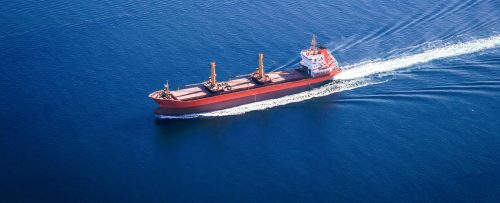
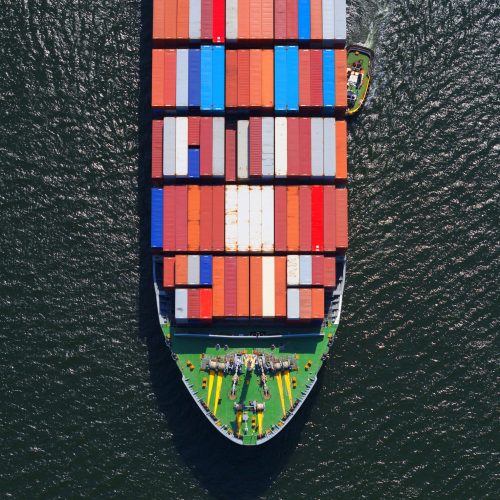
We are working to reduce the carbon footprint of global maritime shipping by creating mechanisms that integrate climate considerations into lending decisions to help incentivize shipping’s decarbonization.
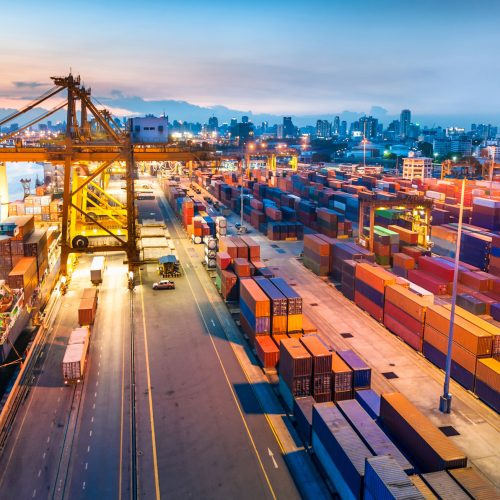
Maritime shipping transports 90 percent of the world’s goods and is responsible for 2–3 percent of global greenhouse gas (GHG) emissions each year. Left unchecked, shipping emissions are expected to grow by 50–250 percent by 2050, putting the sector on track to become a major contributor of global GHG emissions.
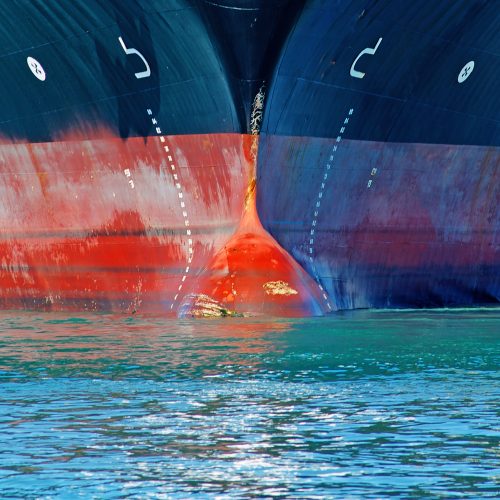
We are working with financial institutions, ship owners and charterers, and governing bodies to bring an unprecedented level of transparency to maritime lending decisions and an urgency to shipping’s decarbonization.

We are working with financial institutions in the maritime industry to create a level playing field and ensure that the shipping industry will thrive in a low-carbon economy.
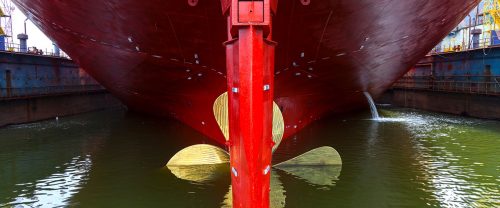
GreenBiz
2017
The Economist
2016
2016
A generous donor is doubling all gifts, up to a total of $100,000, through June 30, 2024. Your gift helps RMI increase access to safer, healthier, and cleaner energy in more communities.
The shift to clean energy starts locally. It starts with you.
Donate